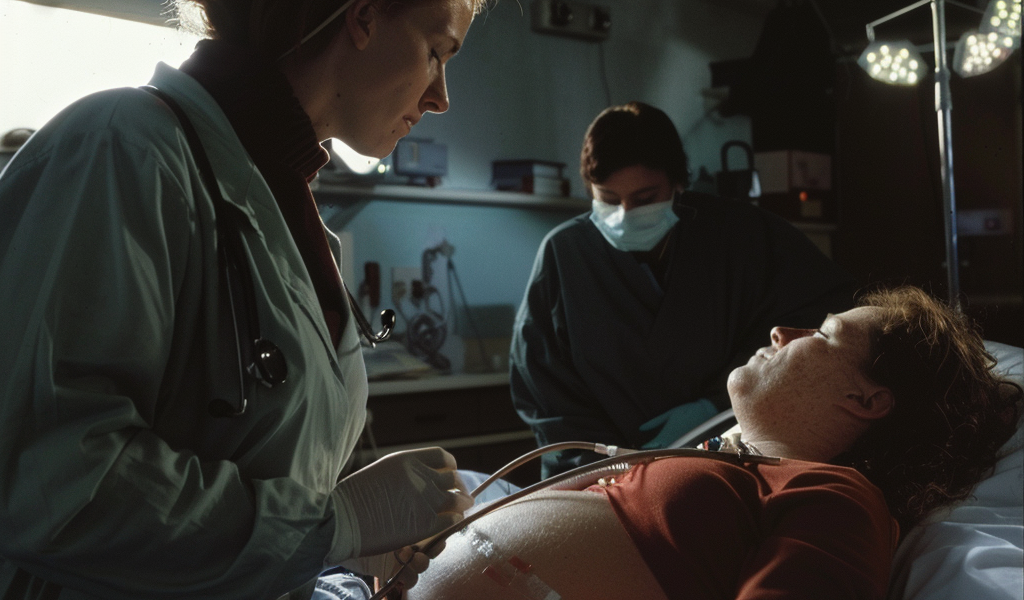Parvovirus B19 (B19V) infection has been a topic of concern in the Netherlands, with a changing epidemiology observed since 1990, including a notable re-emergence following the COVID-19 pandemic. A recent study conducted by researchers investigated the long-term temporal patterns of B19V in the country, shedding light on its impact on fetal health.
The study, which analyzed data from the Dutch Sentinel Surveillance system spanning from 1990 to 2023, as well as Dutch blood banking and hospital data, aimed to evaluate the trends in B19V infections and their correlation with fetal hydrops, a potentially life-threatening condition that can occur in pregnant individuals infected with B19V.
Through wavelet analysis, the researchers identified annual epidemic cycles of B19V in the Netherlands from 1990 to 2019, with additional multiannual cycles observed up to 2009. However, post-2009, the multiannual cycles ceased, although the incidence of B19V infections fluctuated, showing a correlation with the number of intrauterine transfusions (IUT) performed.
Notably, starting in 2020, there was a significant decrease in B19V infections, with low incidence rates reported and a scarcity of B19V-DNA positive blood donors. This period also saw a halt in IUT procedures related to B19V-induced hydrops from May 2020 to May 2023. However, in the spring of 2023, there was a resurgence of B19V infections, reaching levels seen before the pandemic.
The observed changes in B19V epidemiology over the past three decades, coupled with the reduced immunity levels due to the decreased presence of the virus during the COVID-19 pandemic, raise concerns about potential rebound outbreaks. The study emphasizes the importance of remaining vigilant about severe complications like fetal hydrops associated with B19V infections.
Parvovirus B19, commonly known for causing fifth disease in children, infects erythrocyte progenitor cells, leading to temporary erythropoiesis arrest. While this typically does not result in significant anemia in healthy individuals, pregnant women who are not immune to B19V face risks of transmitting the virus to the fetus, potentially causing severe fetal anemia and related complications.





